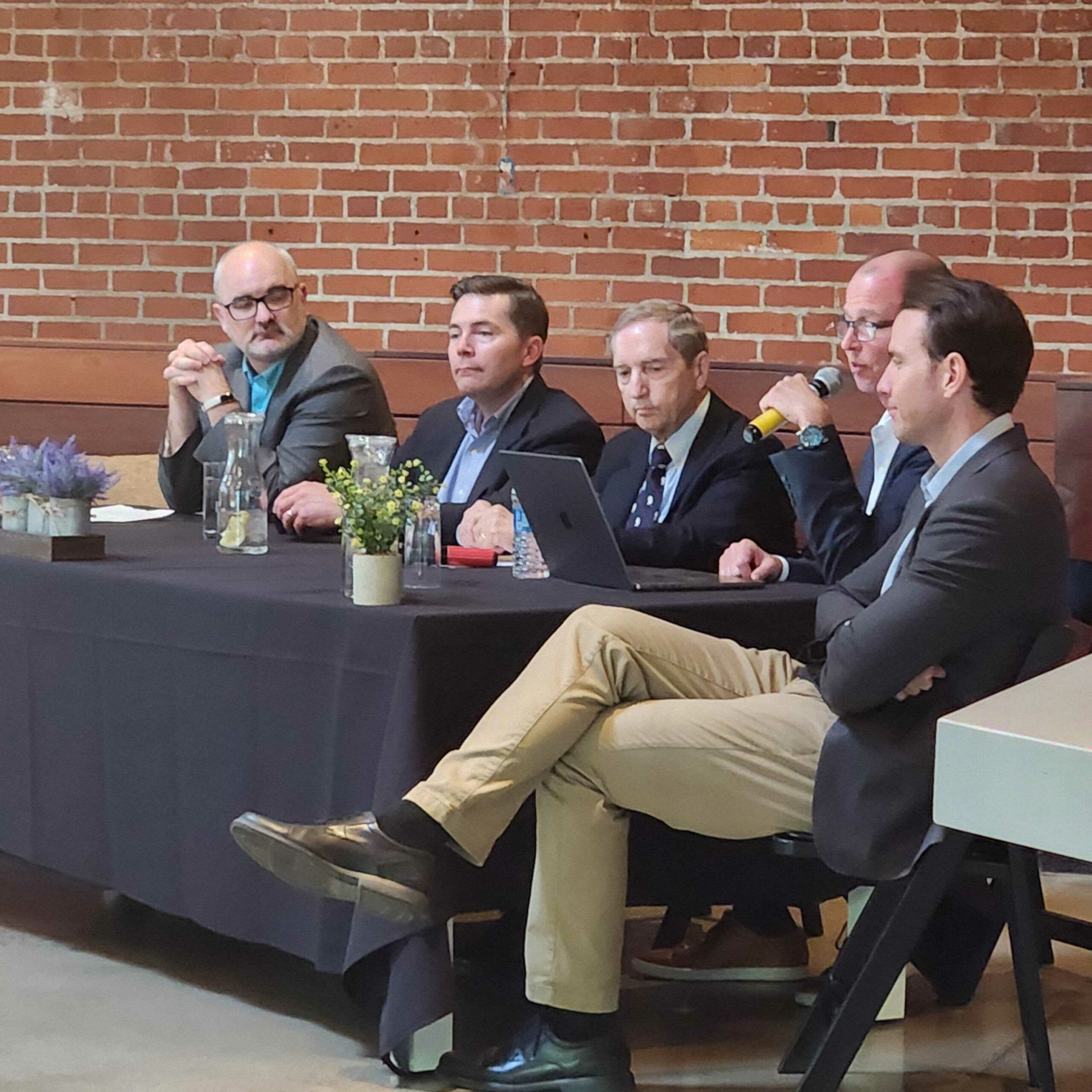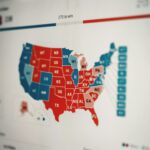AF-CA Event Spotlight: Supreme Court Got a Pass in Sacramento
This article was written by Quinton Morairty & Aaron Castillo-White
To say that the Supreme Court, known more colloquially as SCOTUS, has been dragged into today’s partisan politics is an understatement. The court has always had an impact on politics and in shaping the country. As a check and balance of power, SCOTUS has always been political.
The Supreme Court round-up hosted by America’s Future, the Pacific Legal Foundation, and the Federalist Society, joined by special guest Rep. Kevin Kiley (CA-3), ran through a momentous judicial session amidst a turbulent time.
It doesn’t help here, democracy or justice, as the army of partisan trolls strains to assess cases politically, rather than as independent or narrowly defined issues situated within something most don’t know, constitutional law.

In this session’s Supreme Court decision for United States v. Rahimi, a ruling on the government’s ability to prohibit firearm possession by someone with a restraining order poses a credible threat, the decision was ruled a victory for progressives. The justices ruled 8-1 in favor of the temporary disarmament of the offending individual. This wasn’t a win for progressives, as much as it was for the majority of Americans.
According to a poll from the McCourtney Institute for Democracy, 80% of Republicans support universal background checks, and over half (54%) are in favor of testing and licensing. Much of the sensationalism of the courts has been pushed by the media in light of Trump’s appointment of three judges, and the prospect of a successful campaign in 2024 could lead to more.
The biggest challenge to politics and the court was undeniably, the Supreme Court’s weighing of Trump v. United States, a case on presidential immunity. Given the proximity to the elections and the magnitude of the case, it was necessary and inevitably made partisan. The decision, as discussed at the event, was good for Trump and bad for democracy, in the power it gives to any current or future executive. It is also worth noting that President Biden’s appointee, Ketanji Jackson Brown sided with the majority in exonerating Trump while Trump’s nominee, Amy Coney Barrett was in the dissent. One point made by one of the speakers of how politics and people are ultimately different.
Interestingly, the biggest discussion of the night was the prolonged focus and scrutiny on one of the last decisions made this year—the case that ended Chevron deference.
Yet another case mired in partisan politics and entirely missing the picture. Loper Bright Enterprises v. Raimondo was brought by a group of commercial fishermen. Don’t let the commercial fool you, as many of these fishermen are small single-boat and family-run operations. In this case, the fishermen were not inherently against the administrative state which had mandated that observers accompany them on their fishing runs, rather that they were being forced also to pay for it. The price of this was $700 a day, a poison pill for many fisherman who are lucky to clear $30,000 per year, after taxes. This assertion by a regulatory agency was based in ambiguity, not policy.
Chevron, to its proponents, allowed the administrative state to mushroom and quickly move on policy where none existed. To the fishermen, the end of Chevron meant no longer being weighed down by whim, which blanket policies and laws often create. Further, as Representative Kiley pointed out, the question before the court was not ruling on regulatory agencies, but on the constitutionality of those agencies to impose laws that should be enacted by the house.

Ultimately, the Supreme Court decision gutting Chevron, gave Congress back power it had previously given away.
In the whirlwind of coverage of this year’s decisions, what emerged was not a court divided by democrat or republican beliefs but of a more legal division, a broad versus a narrow reading of the Constitution. Even then, there were no immediate partisan divides as justices ruled not on any formal political or legal axis, rather as individuals, doing their best to interpret the Constitution as they understand it.
In the Q&A, the speakers became more animated in response to questions, including one about the integrity of the Supreme Court. The response was illuminating: If the Supreme Court is composed of flawed individuals, so too is any democracy composed of flawed groups.
That is to say, we are a large multiethnic democracy. Ideas of justice and state governance range among the innumerable groups that comprise our nation. But what unites us is an inviolable bond, under the rule of law, and shared values set by our founders, in the pursuit of liberty and justice for all.
This article was written by Quinton Morairty & Aaron Castillo-White




